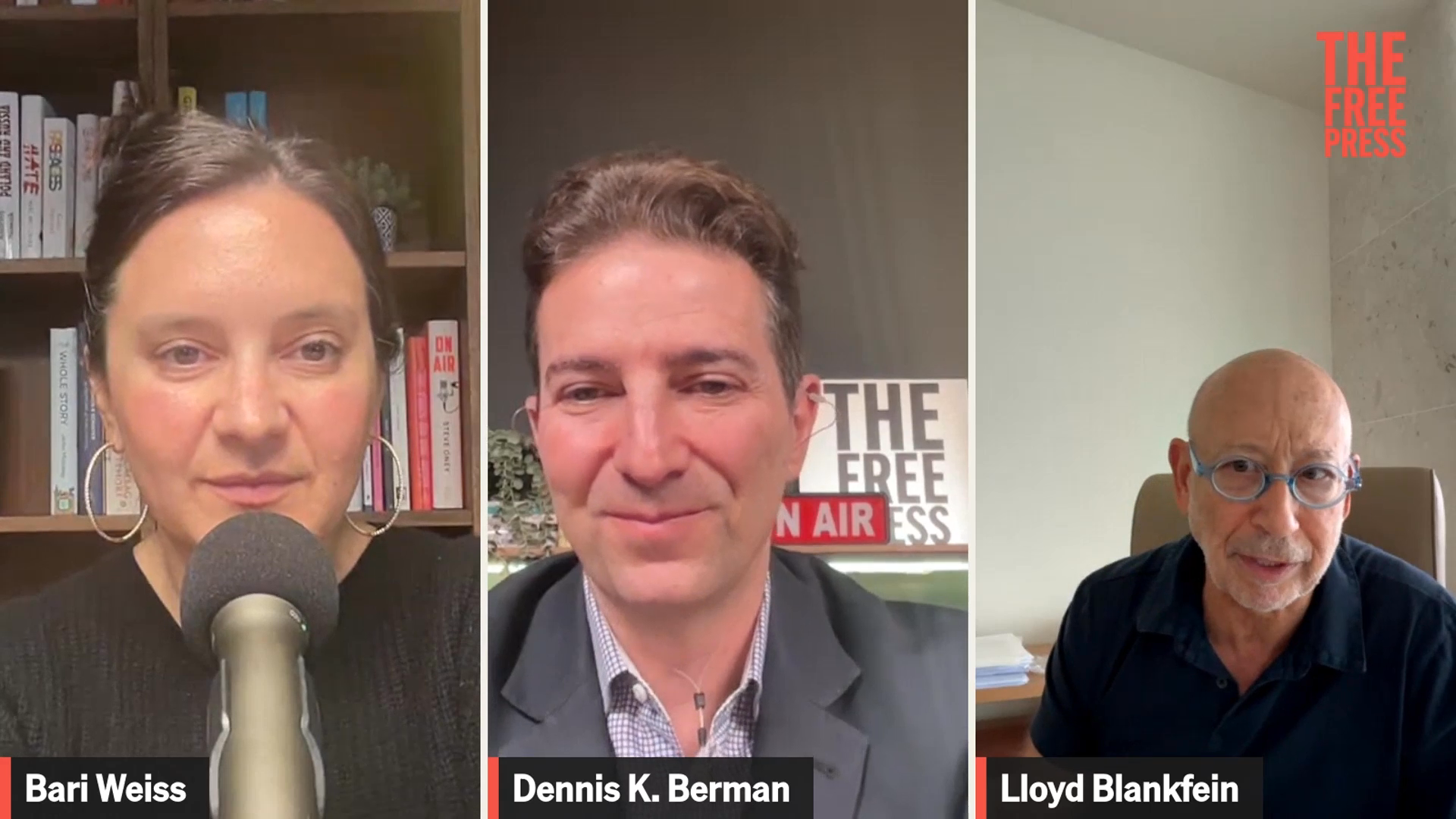After a bruising week, Wall Street expected to open higher
Global stock markets rose Monday and Wall Street was expected to open higher after gains late Friday ended a turbulent week with a more upbeat mood.
U.S. stocks closed sharply higher on Friday after swinging wildly earlier in the day. Despite the higher close, shares ended the week with a loss of more than 5 percent. Friday's wild ride followed a drop of 10 percent from the latest record highs set only weeks ago.
"Higher volatility will likely persist for a little while," said Gaurav Saroliya of Oxford Economics in a report. "The threat to valuation multiples is unlikely to remain as high as it seemed last week. The current equity market turmoil is unlikely to dent continued strong global economic growth. We still see 2018 as the best post-financial crisis year."
While analysts view market corrections as a normal event, some are pointing to a combination of events that worried investors. Those include anxieties about a potential rise in U.S. inflation, which could lead to faster-than-expected interest rates hikes from the Federal Reserve.
KEEPING SCORE: In Europe, Germany's DAX jumped 1.8 percent to 12,324 and France's CAC 40 advanced 1.4 percent to 5,152. London's FTSE 100 added 1.2 percent to 7,177. The future for the Dow Jones industrial average rose by an unusually large 1.1 percent and that for the Standard & Poor's 500 index gained 1 percent, suggesting a strong open.
ASIA'S DAY: The Shanghai Composite Index rose 0.8 percent to 3,154.13 and Hong Kong's Hang Seng spent most of the day in positive territory before losing 0.2 percent to close at 29,459.63. Japanese markets were closed for a holiday. Seoul's Kospi rose 0.9 percent to 2,385.38 while Sydney's S&P-ASX 200 shed 0.3 percent to 5,820.70. India's Sensex advanced 0.6 percent to 34,192.50 and benchmarks in Taiwan, Singapore and Bangkok also gained.
WALL STREET: A late rally reversed steep losses Friday and lifted the Dow Jones industrial average more than 300 points. The Dow gained 1.4 percent, the S&P 500 rose 1.5 percent and the Nasdaq composite added 1.4 percent. For the week, the three indexes finished down more than 5 percent. They're also now all in the red for the year.
U.S. BUDGET BATTLE: Legislators agreed on a $400 billion budget measure after conflicts over immigration and other issues led to the second temporary government shutdown in three weeks. The measure approved Friday increases military spending and provides $89 billion for disaster relief.
WEEK AHEAD: Investors will watch U.S. inflation and retail sales figures on Wednesday particularly closely. Inflation in particular will be of interest as it could affect expectations of more rate increases the Federal Reserve — fear of rate hikes had been one of the triggers of last week's stock market sell-off. Japan reports economic growth on Wednesday and the United States issues factory output data on Thursday.
ENERGY: Benchmark U.S. crude gained 98 cents to $60.18 per barrel in electronic trading on the New York Mercantile Exchange. The contract plunged $1.95 on Friday. Brent crude, used to price international oils, advanced 80 cents to $63.59 in London. It fell $1.98 the previous session.
CURRENCY: The dollar declined to 108.63 yen from Friday's 108.79 yen. The euro gained to $1.2269 from $1.2251



